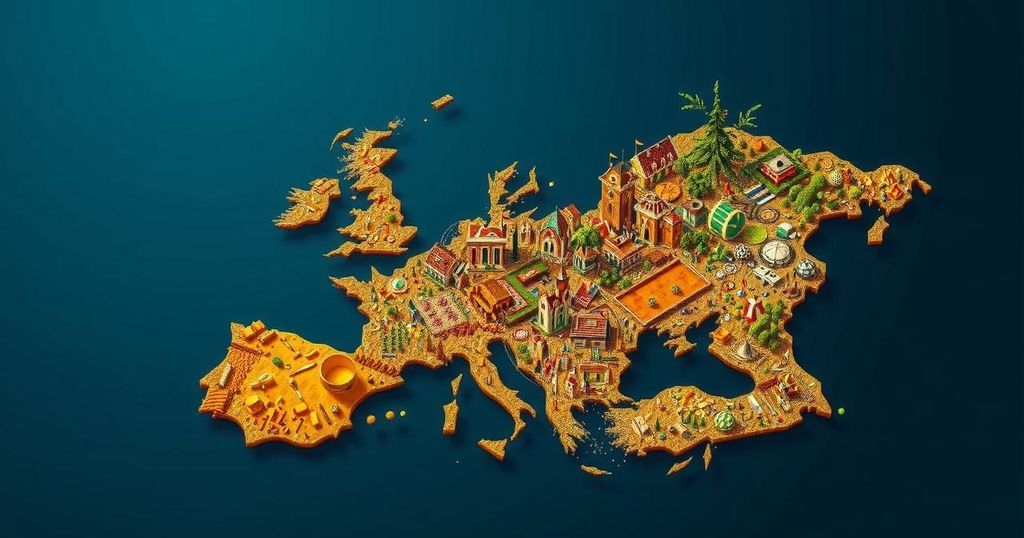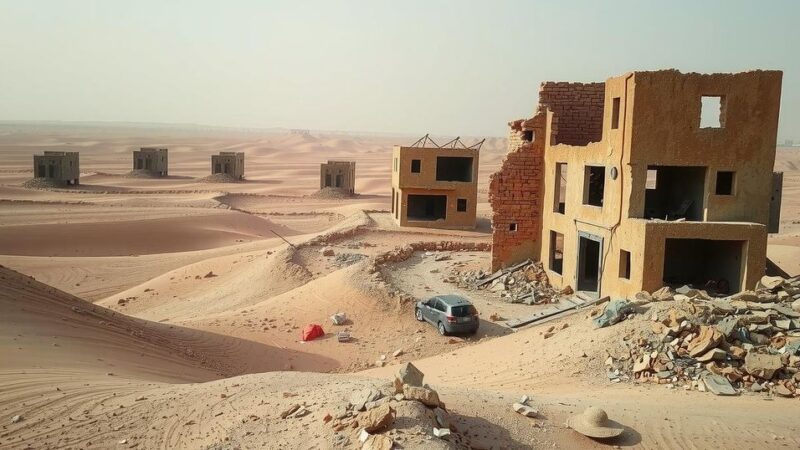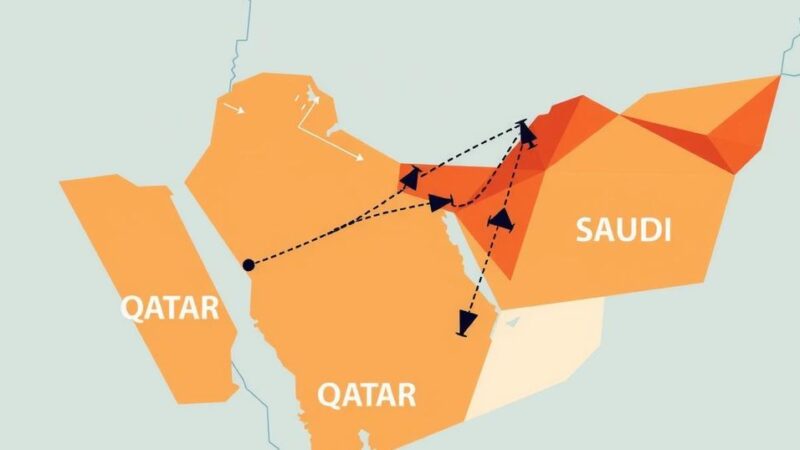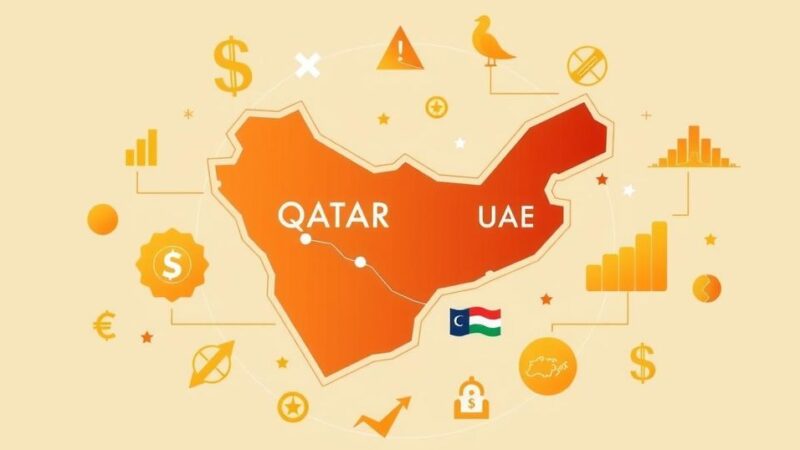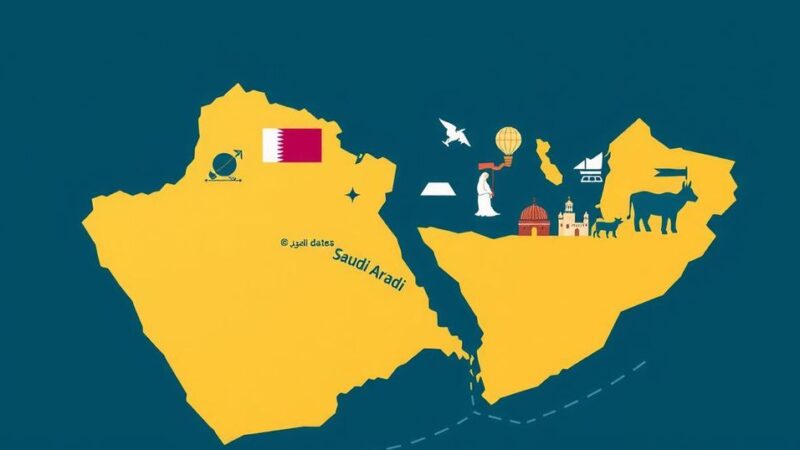COP29 is set to occur in Baku, Azerbaijan from November 11-22, focusing on mobilizing financial resources to support developing nations in combating climate change. With notable absences of key leaders and concerns regarding Azerbaijan’s environmental policies and human rights record, the conference faces challenges in reaching significant agreements. Discussions will center on financing commitments and previous fossil fuel agreements, amidst the backdrop of a climate crisis intensifying globally.
The 29th Conference of the Parties (COP29) to the UN Framework Convention on Climate Change (UNFCCC) is scheduled to take place from November 11 to 22 in Baku, Azerbaijan. This pivotal gathering aims to address rising global temperatures and their devastating effects, such as intensified floods. A primary focus will be the mobilization of financial resources to support developing countries in their efforts to reduce greenhouse gas emissions and adapt to climate change impacts. However, the conference occurs amidst notable absences of influential leaders like U.S. President Joe Biden, China’s Xi Jinping, and France’s Emmanuel Macron, which raises concerns about the potential for substantial agreements. In addition, Azerbaijan faces criticism over its human rights record and its plans to expand gas production, which contradicts the objectives of the conference. Negotiation of financial commitments for developing nations under the Paris Agreement is of utmost priority, with demands for climate financing to rise over $1 trillion annually by 2030. The added pressure of ongoing global conflicts and economic challenges further complicates discussions. Participants may also face scrutiny regarding previous commitments to reduce reliance on fossil fuels, as some countries signal a willingness to renege on such pledges. The election of Donald Trump in the U.S. has cast a shadow over COP29, as he is known for his climate skepticism. Experts predict that his administration might withdraw from the Paris Climate Agreement, impacting global climate strategies. Meanwhile, January 2024 is anticipated to be marked as one of the hottest years on record, underlining the urgency for decisive action. The outcome of COP29 could significantly impact global climate policies and economic strategies. It holds the potential to reshape energy production and financial commitments, impacting taxpayer-funded aid to developing nations. Ultimately, the talks aim to foster a sustainable environment and mitigate the consequences of climate change for future generations.
COP29 represents a critical assembly in the ongoing global efforts to combat climate change. Convened annually by the United Nations, COP identifies and assesses strategies for reducing greenhouse gases and addressing climate impacts, particularly for vulnerable nations. This year’s gathering emphasizes financial support for developing countries as a means of meeting the 1.5-degree temperature rise limit outlined in the Paris Agreement. Additionally, geopolitical elements, such as leadership absences and regional tensions, may impede progress towards substantial agreements.
In summary, COP29 in Azerbaijan emerges as a significant event amid pressing climate challenges and notable political distractions. Financial discussions take center stage as countries strive to fulfill commitments made under the Paris Agreement. However, ongoing geopolitical conflicts, leadership absences, and the host country’s controversies pose obstacles to achieving a unified and effective response to the climate crisis. The talk’s outcomes will have widespread implications for global climate action and financial commitments to developing nations.
Original Source: www.bbc.com
